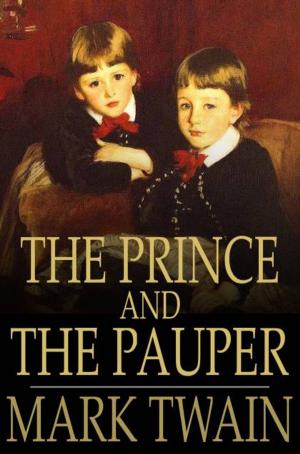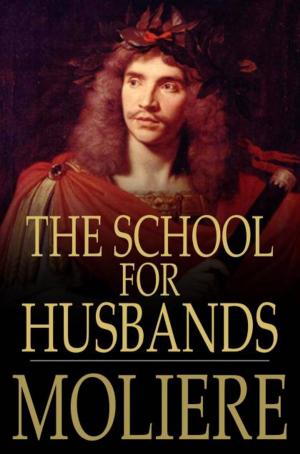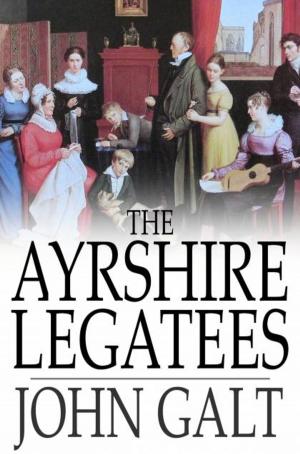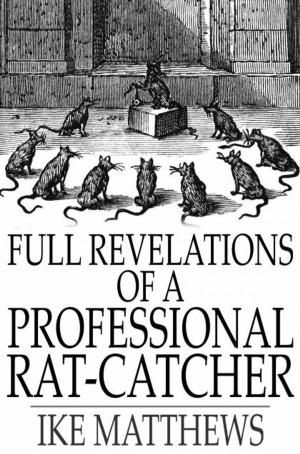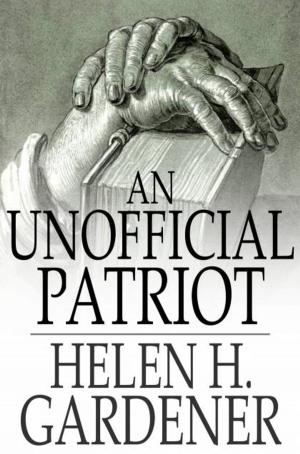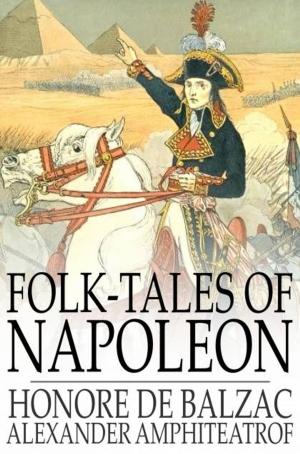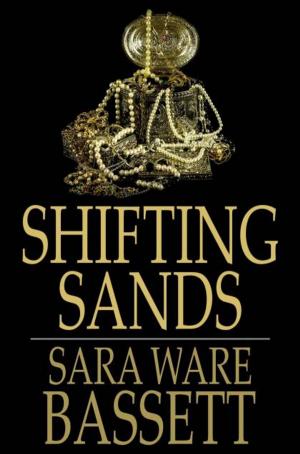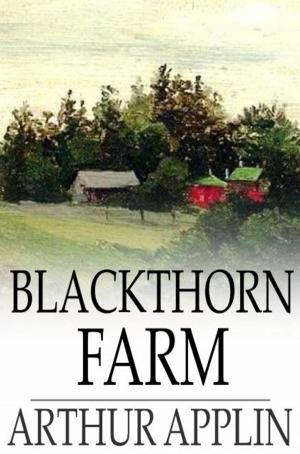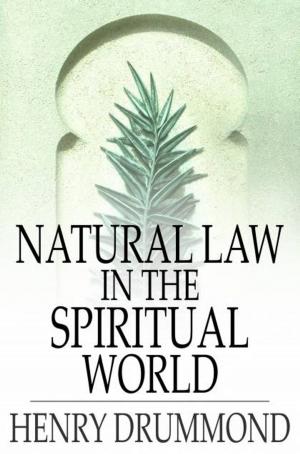The Praise of Folly
Nonfiction, Religion & Spirituality, Christianity, General Christianity, Philosophy| Author: | Desiderius Erasmus | ISBN: | 9781775415978 |
| Publisher: | The Floating Press | Publication: | June 1, 2009 |
| Imprint: | The Floating Press | Language: | English |
| Author: | Desiderius Erasmus |
| ISBN: | 9781775415978 |
| Publisher: | The Floating Press |
| Publication: | June 1, 2009 |
| Imprint: | The Floating Press |
| Language: | English |
Erasmus of Rotterdam wrote the essay The Praise of Folly during a week at Sir Thomas More's estate in Bucklersbury. He later refined and extended the piece. In it he personifies Folly as a god, whose companions are likewise-personified sins and human weaknesses. His work criticizes the Catholic Church, and culminates in a statement of Christian ideals. Erasmus was a faithful Catholic, but his text is considered a catalyst to the Protestant movement.
Erasmus of Rotterdam wrote the essay The Praise of Folly during a week at Sir Thomas More's estate in Bucklersbury. He later refined and extended the piece. In it he personifies Folly as a god, whose companions are likewise-personified sins and human weaknesses. His work criticizes the Catholic Church, and culminates in a statement of Christian ideals. Erasmus was a faithful Catholic, but his text is considered a catalyst to the Protestant movement.

